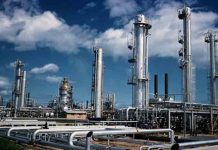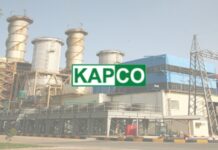Pakistan’s car imports surged by 61% to $32.803 million in July 2025 compared to the same month last year, driven by sweeping tariff reductions introduced under the Finance Act 2025, with data from the Pakistan Bureau of Statistics showing an increase from $20.327 million in July 2024, reflecting a 62% rise in local currency terms, from Rs5.757 billion to Rs9.335 billion.
The surge follows a government decision to reduce tariffs and charges on imported vehicles starting July 1, aiming to formalize the import process, curb smuggling, and provide consumers with more choices. The new regime aligns with Pakistan’s commitments to trade liberalisation and customs reforms under the International Monetary Fund (IMF) programme.
However, the local automotive industry has expressed concerns about the potential negative effects. Major car manufacturers fear that the influx of imported vehicles could hurt domestic production and reduce investment in the local industry. These manufacturers are already grappling with rising energy costs, compliance challenges, and new carbon taxes.
The Pakistan Association of Automotive Parts and Accessories Manufacturers (PAAPAM) warned that uncontrolled imports could threaten the local vendor base, which currently supplies around 70% of car parts and provides employment to nearly two million people.
PAAPAM expressed fears that the increase in used car imports could lead to job losses and stunted growth for the local supply chain.
Pressure on local manufacturers is already evident. The Pakistan Automotive Manufacturers Association (PAMA) reported a nearly 49% drop in sales of locally assembled vehicles in July compared to the previous year. Pak Suzuki alone saw a steep 72% decline.
While the government hopes that the new tariff structure will increase formal imports and tax revenues by reducing smuggling, experts caution that without parallel support for the local industry, Pakistan risks weakening its automotive base. The challenge is further complicated by carbon taxes, which are pushing up the prices of locally made vehicles and pushing consumers towards cheaper imported options.























